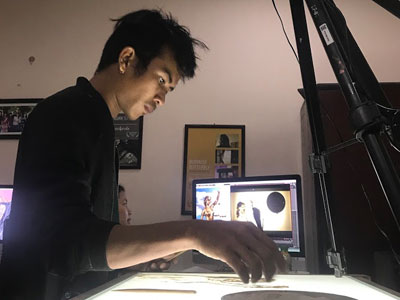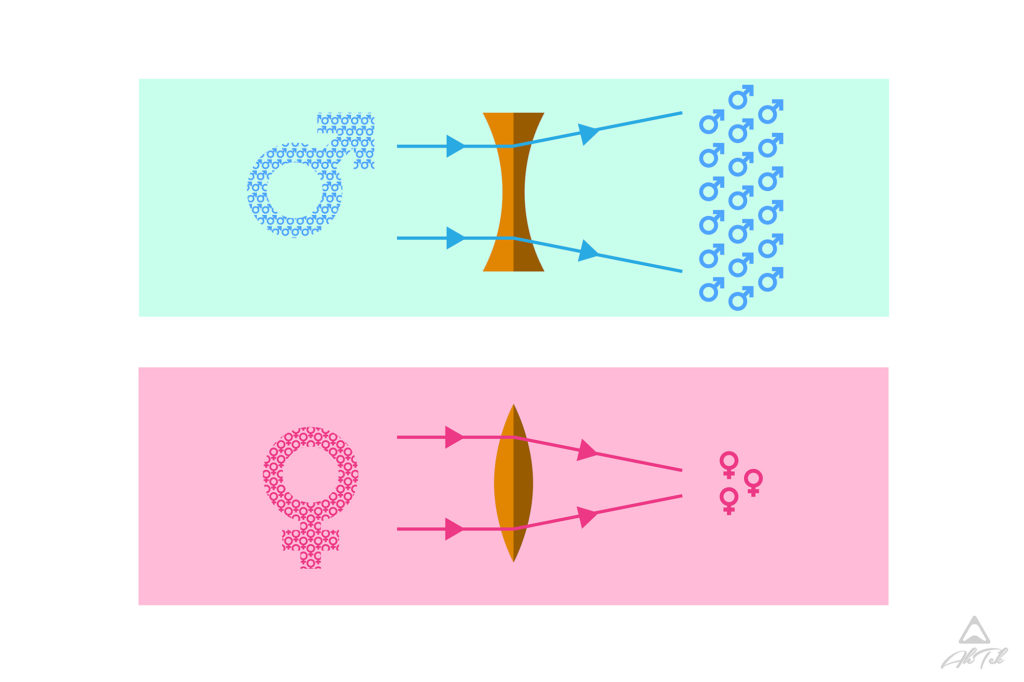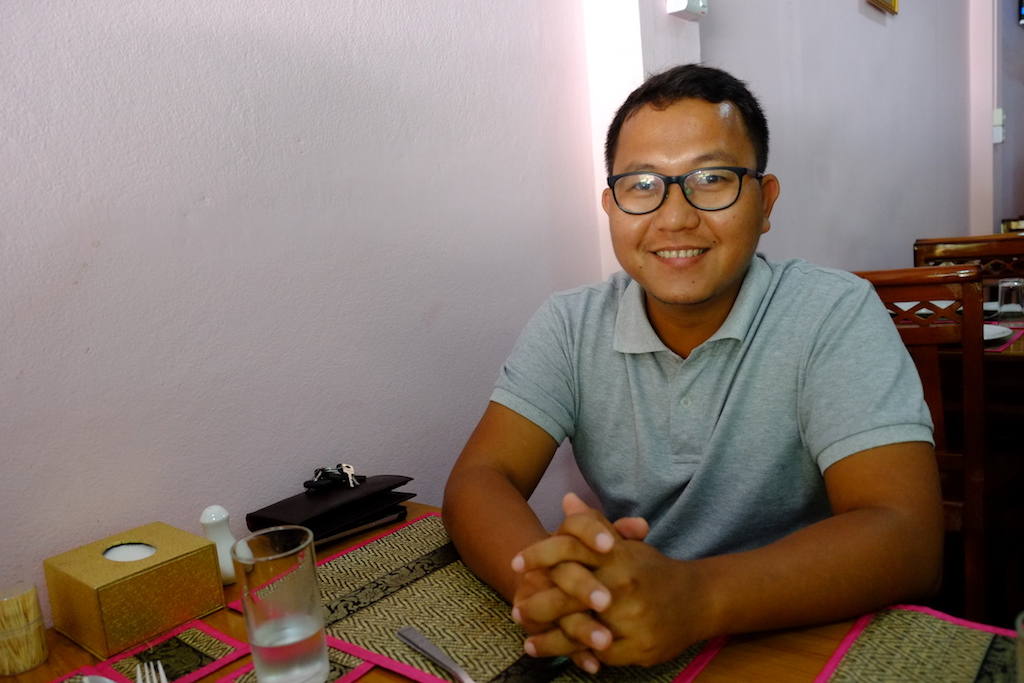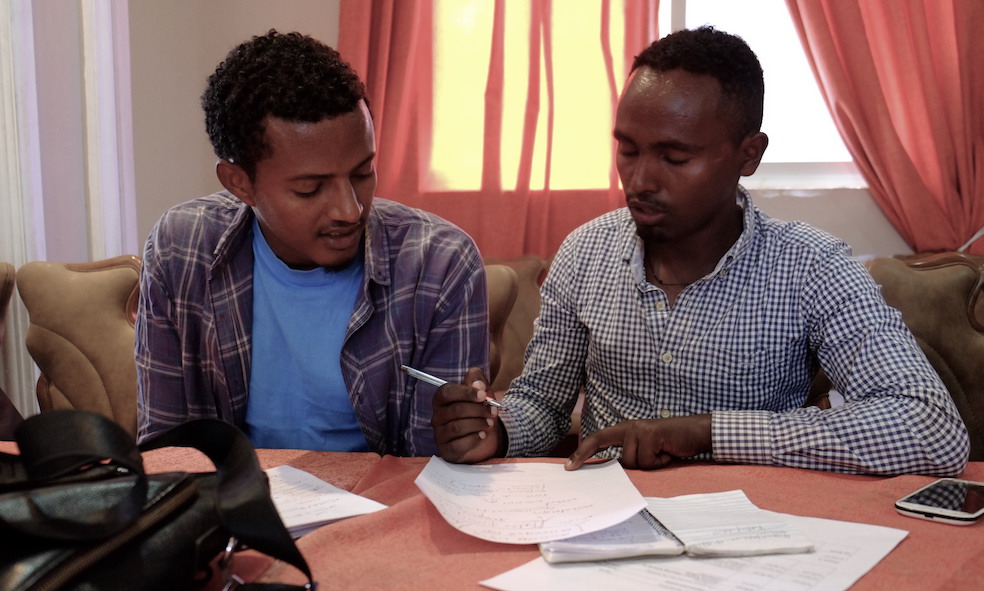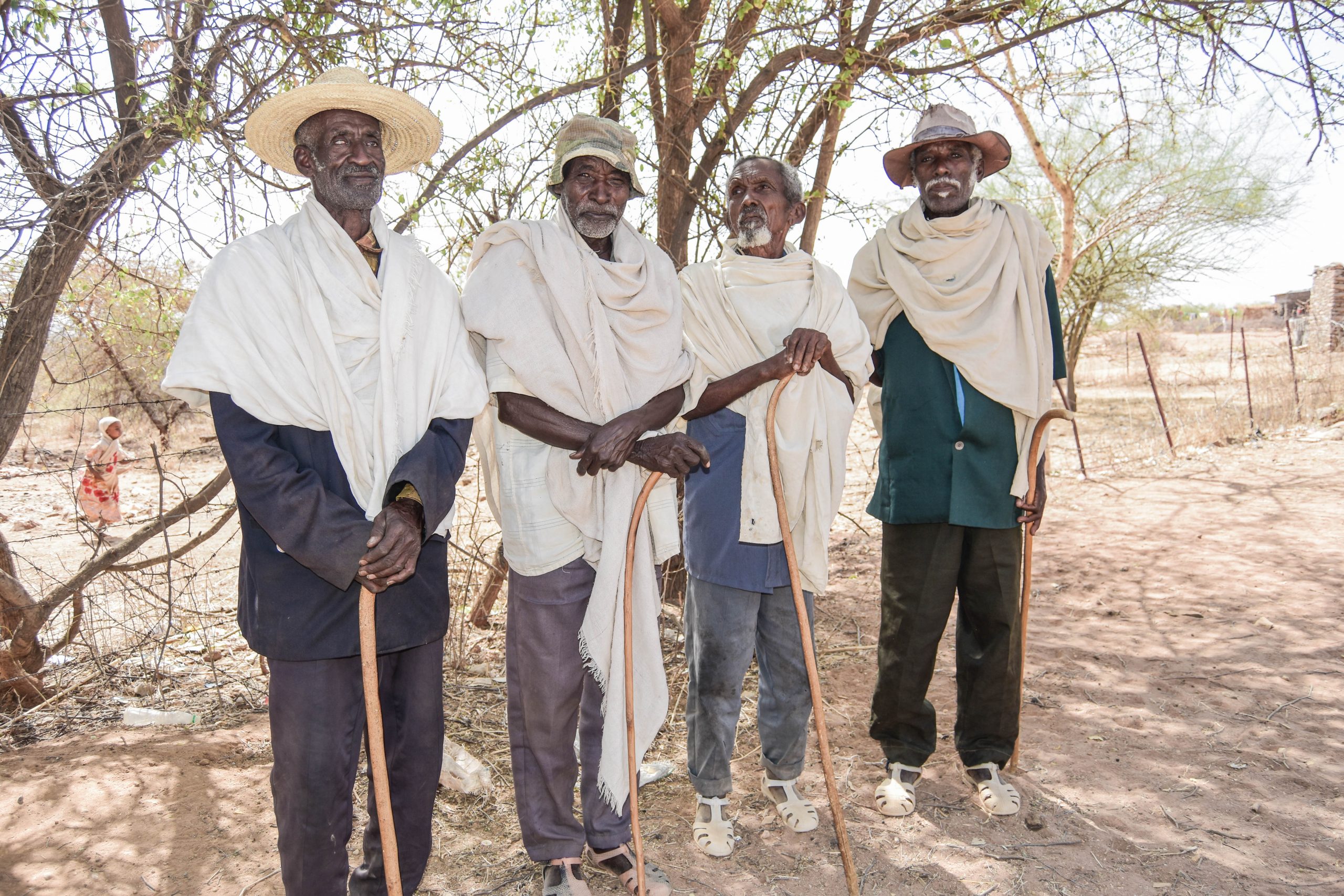Deepening Democracy through Grant-making in Myanmar and Ethiopia (2017-2021)
Between 2017-2021 our network awarded over £800,000 in grants to scholars, artists and activists in Myanmar, Ethiopia, Bangladesh and the UK. In their innovative and multidisciplinary projects they have been inquiring into the relationship between parliaments, politicians and people. By combining the social sciences, arts and humanities they have revealed new perspectives and amplified the impacts of research findings in ways that are imaginative, creative and inclusive.
We encouraged applications from those who don’t normally get grants: women, early career researchers, those outside the capital, and those who identify as an ethnic minority. Through this scheme we hope to contribute to three research agendas: creating opportunities for researchers who tend to get side-lined, deepening democracy through multidisciplinary arts and scholarship, and helping make research more inclusive.
All grants were won on merit through a highly competitive process. The results demonstrate that when research is designed by scholars and artists themselves, people in Myanmar and Ethiopia can produce results of astounding value. This was a Network Plus Programme funded by the Arts and Humanities Research Council and the Global Challenges Research Fund.
Myanmar
Docu-animation training around gender-based violence in Myanmar
Lindsey Merrison In 2017, the Yangon Film School launched a programme of training, mentorships and outreach around ‘Women ...
Women’s involvement in politics in southern Myanmar
Mi Cherry Soe Mon This Jeepyah Civil Society Development Organisation project, led by Mi Cherry Soe Mon, examined ...
Texts and images in modern Kachin history
Dan Seng Lawn This Kachinland Research Centre project, led by Dan Seng Lawn, explored political engagement, representation, and ...
Ethiopia
Political representation in Benishangul Gumuz regional state council
Tsegaye Birhanu and Eyob Senbeta Parliament is often considered a critical bastion of democracy. But in multi-ethnic, -religious, ...
Representation and participation among the Kunama
Mitiku Tesfaye and Mahlet Alemu Gebrehiwot This project filled a critical knowledge gap, using the concept of identity ...
How clan leaders, parliamentarians and people interact in Afar
Abubeker Yasin Gebro and Alem Gebrewehid This research examined the effects and outcomes on democracy of the relationship ...

